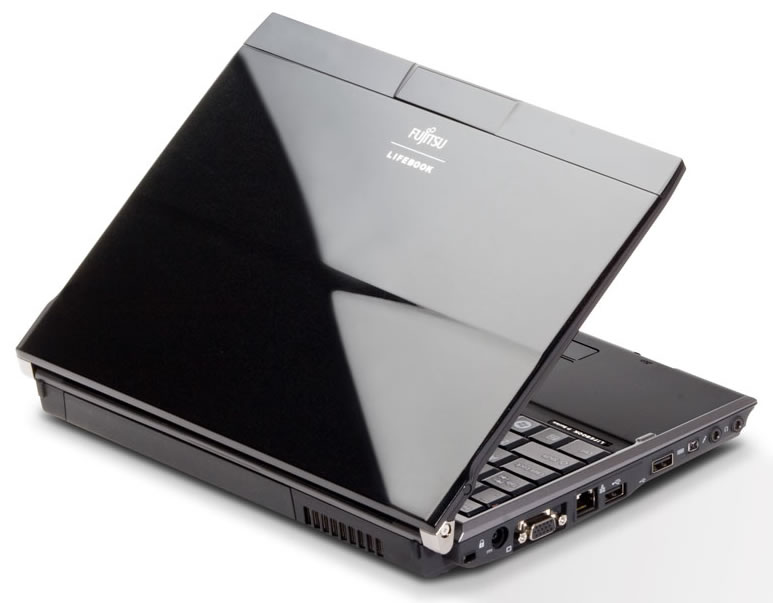Wipe or Kill Your Laptop, On or Off, if Stolen
Laptops and small computing devices get stolen on a daily basis. People traveling through airport terminals on a frequent basis know this very well. Your data is at risk when you're mobile.
Suffice to say, losing your laptop is the least of your worries. Sure, if you've plunked a couple of grand into a laptop, it hurts to find out that it's lost or stolen. But the worst part of the situation is the lost of your data. Businesses value their employees data more so than the hardware. Even on a personal scale, losing your laptop could mean losing very precious information and data that you have accumulated over a long period of time.
Not to worry. Fujitsu today announced that it has developed an always-on security chip for laptops that can lock down the data on a laptop's hard drive remotely, even if the unit is turned off. Not only this, the lost or stolen laptop can even be completely disabled, preventing it from being turned on in severe instances.
Using technology from Willcom Inc., Fujitsu plans to roll out the new security feature starting in Q3'09. The technology will roll out in Japan first, using Willcom's PHS network, which can accept remote commands.
The technology works by utilizing an active chip that handles strong encryption to the hard drive. The encryption key is stored on the chip itself. A user that has lost their laptop can remotely issue a wipe command, for example from a cell phone, and the chip will instantly delete the key. This, Fujitsu says, will render the hard drive completely useless. The user can even lock the PC remotely, preventing it from being turned on.
According to Fujitsu:
The communications module remains in standby mode even when the PC is switched off, allowing for lock and delete commands to be executed regardless of whether the PC is on or off. This is the first such technology in the world. Because the module communicates over the inherently low-power PHS network, battery drain is minimal, so it can remain in standby mode for long periods of time. Customers can view command results in detail on a control server.
Get Tom's Hardware's best news and in-depth reviews, straight to your inbox.
Update: We received word from Fujitsu that removing the battery immediately after stealing the enabled laptop will not prevent it from being signaled to lock. Once the signal has been sent, the PHS network constantly sends out a lock down signal, so that if the laptop ever is powered on again, it would be immediately disabled--unless the lock signal is turned off from the owner. Removing the hard drive to prevent lock down doesn't help because it's already encrypted using the key, which exists in the chip, within the laptop itself.
-
jhansonxi I hope the remote commands are strongly authenticated else there will be lots of hacker fun with remote wiping of your drive while the laptop is still in your possession.Reply -
haricotvert I assume Toshiba would also find a way to reverse the process. For the times a stolen/lost laptop is recovered/found, you'd probably want a working system with all your data back.Reply
Giving customers the tools to remotely brick their mobile system is just asking for costly and proprietary methods of undoing said bricking. I am sure Toshiba has not overlooked the profitability of this, especially if they are the *only* one who can provide the service. -
my_name_is_earl People should have a really long cord attach to them and a laptop (problem solved). Have ya heard of a smartphone?Reply -
4Tun3c00k13 This old key and lock approach is a definitely a step up from traditional "careful" approach. However, assuming key, cell phone or whatever the remote device, is portable, if key is stolen it could easily turn into hostage situation quickly at ease.Reply
it's a double edge sword. -
akoegle If you're the thief bypassing this would be as simple as immediately removing the battery or hard drive from the laptop.Reply -
@akoegle That's not bypassing it from a security standpoint. You couldn't rip the data due to the encryption on the drive. and as soon as you DID plug it in, the kill command would be received. Not much of a way around that.Reply
-
1raflo i was hopping for a self-destruct button, you press it and BOOM!!! and you literally destroy your data.Reply
